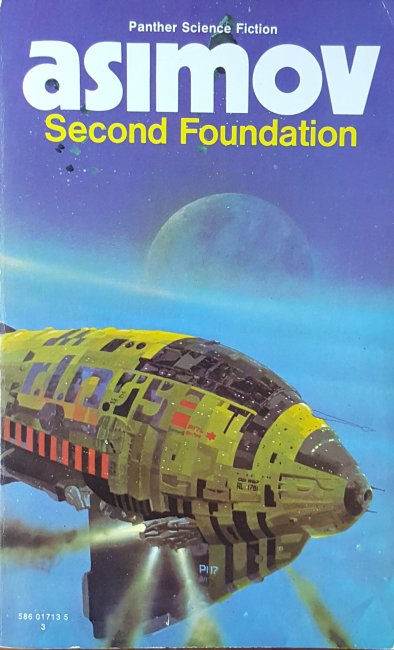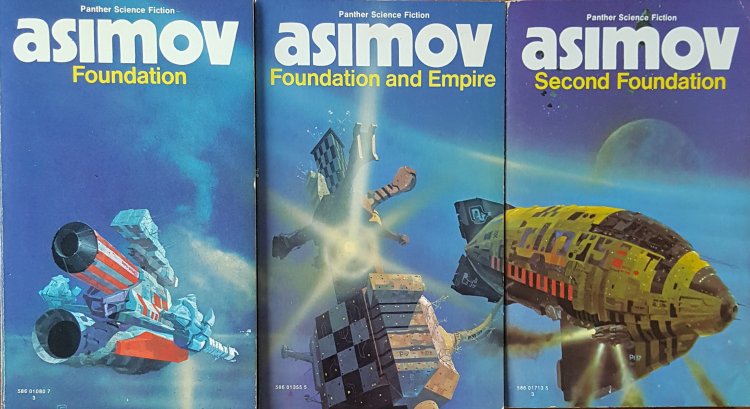
This fascinating biography of Sir Ernest Shackleton is written by Sir Ranulph Fiennes both knighted for their services to exploration and it is particularly interesting that Fiennes is able to add his own experiences of polar expeditions to accounts of Shackleton’s. He has previously written a biography of Sir Robert Scott, Shackleton’s original polar commander and then major rival in attempts to reach the South Pole and he treats each man fairly unlike the earlier biographies of Scott and Shackleton by Roland Huntford who was very much against Scott and pro Shackleton.
At 375 pages plus extensive index, appendix and bibliography this book could well be seen as the definitive biography of one of the foremost polar explorers of the so called ‘Heroic Age’, i.e. the early 20th century even though he never actually made it to the South Pole. The closest he got was one hundred miles away from it, setting at the time the record for furthest south on 6th January 1909 along with Jameson Boyd Adams, Eric Marshall and Frank Wild. This record would not be beaten until Roald Amundsen actually reached the pole on 14th December 1911. Fiennes makes the point that if he had been on his own Shackleton would probably have risked another 6 to 10 days march to the actual pole but concern for his men made him turn back due to the low level of rations still available to them. This for me is one of the defining differences between Scott and Shackleton, the disappointment on not achieving his goal was considerably offset by the fact that they all made it home safely, unlike Scott who two years later chose to press on and ultimately this cost not only his own life but that of his team members. Fiennes at this point is able, through his own experiences, to give an excellent account of just what happens to the body in the extreme cold pulling sledges as the daily rations have to be reduced in order to complete a goal. He never got as extreme as Shackleton but the explanations as to just how tough the going must have been are given extra colour by having this happen to himself and his team mate Mike Stroud.
Shackleton is however probably most famous for his third expedition, which turned into his biggest disaster as his ship, Endurance, was torn apart by the ice and he was forced to lead a completely different expedition to that intended as he rescued all his men from what seemed like certain death including the amazing crossing of the Weddell Sea in a tiny boat, less than 23 feet long. Here Fiennes’s descriptive powers really come into their own giving a fuller understanding of just what Shackleton and his five compatriots went through, including Tom Crean who I wrote about back in March 2019. Fiennes has also crossed the ocean in a small boat as part of his five year Trans Globe expedition which visited both poles travelling over land and sea although not the extremely hazardous 800 mile trip from Elephant Island to South Georgia undertaken by Shackleton and his men to get help for those left behind.
Sir Ranulph Twisleton-Wykeham-Fiennes, to give him his full name, has written twenty five books mainly about his expeditions or biographies of fellow explorers and is an excellent story teller, really involving the reader in the hardships and triumphs of global exploration whilst seeking to rediscover the men behind the stories. He is frank about Shackleton’s appalling business sense which left him always short of funds and never as fully equipped as he should have been for any of his expeditions whilst making the point that the Royal Geographic Society, which could have been a potential major backer was very much committed to Scott so were positively against any support for Shackleton. His dalliances with other women outside of his marriage are also conjectured, along with the never ending support of his long suffering wife with a husband who was rarely even in the same country never mind at home. This is not a painted over all goody goody biography and is all the better for show all aspects of Shackleton’s character. The book was published by Michael Joseph at the beginning of the month and I have a signed copy.
I’d like to finish this review exactly as Fiennes does with a quote from another polar explorer and geologist from the ‘heroic age’ Sir Raymond Priestley who was part of expeditions by both Shackleton and Scott which I think perfectly sums up why I have a lifelong admiration for Shackleton.
For scientific leadership, give me Scott. For swift and efficient travel, Amundsen. But when you are in a hopeless situation, when there seems to be no way out, get on your knees and pray for Shackleton.








